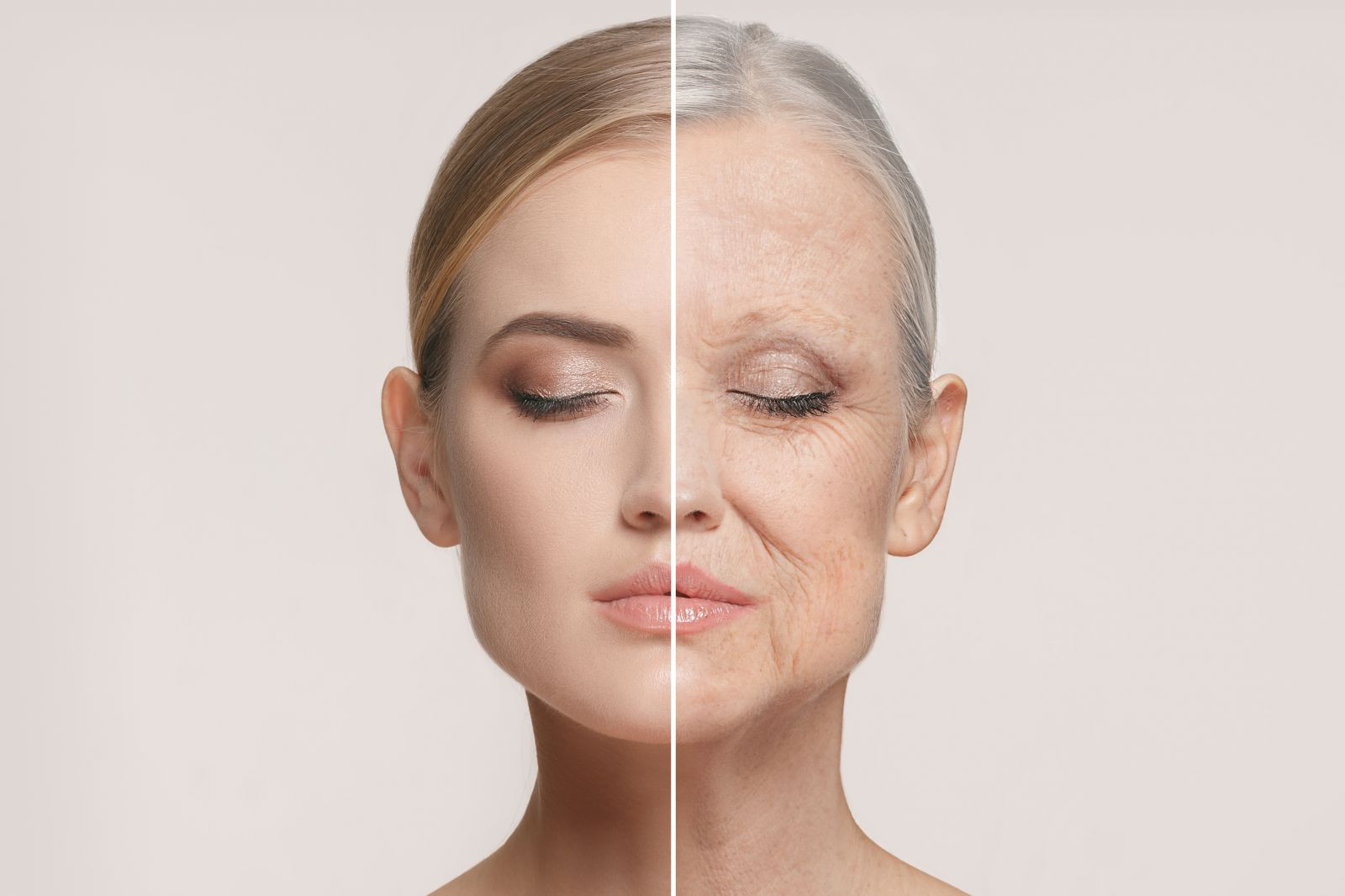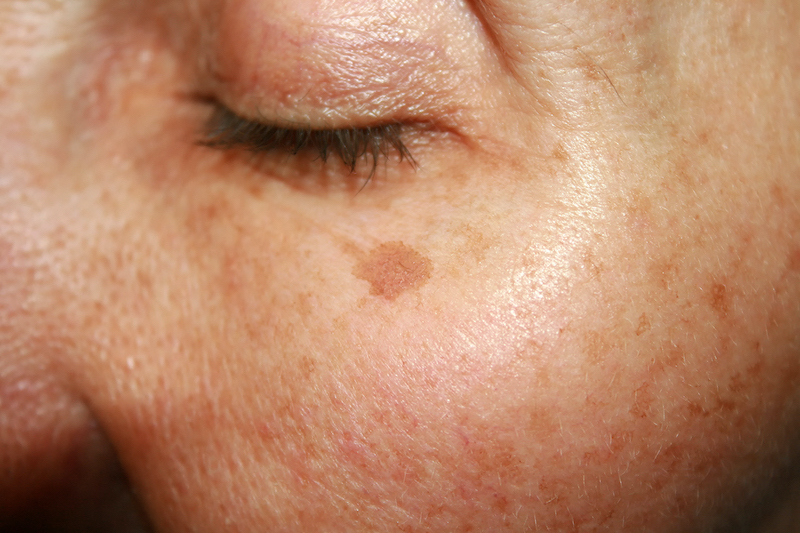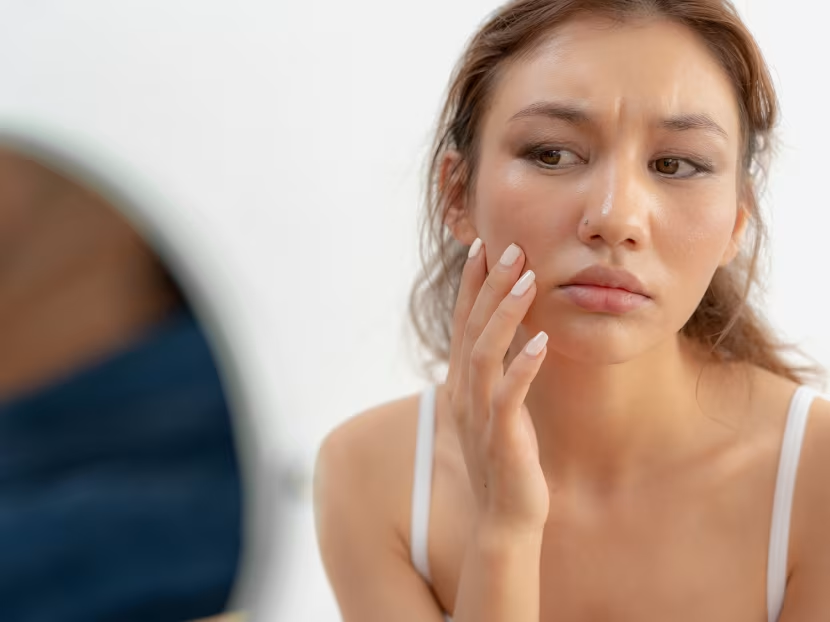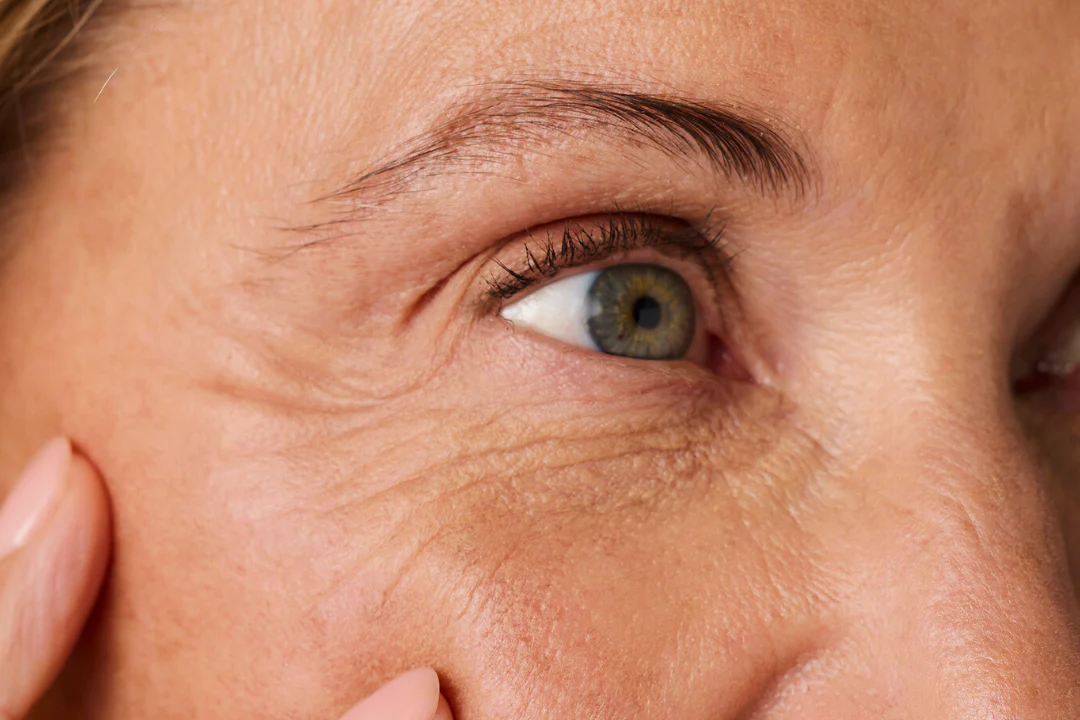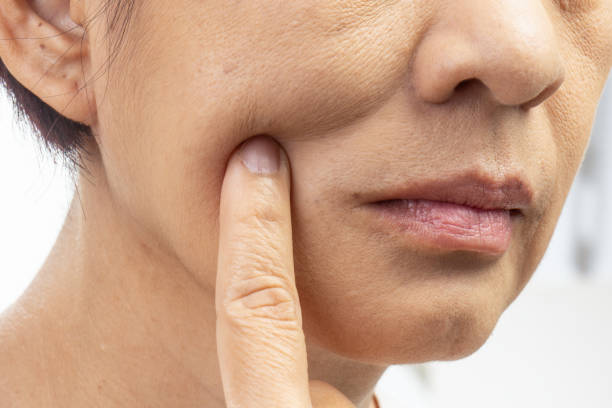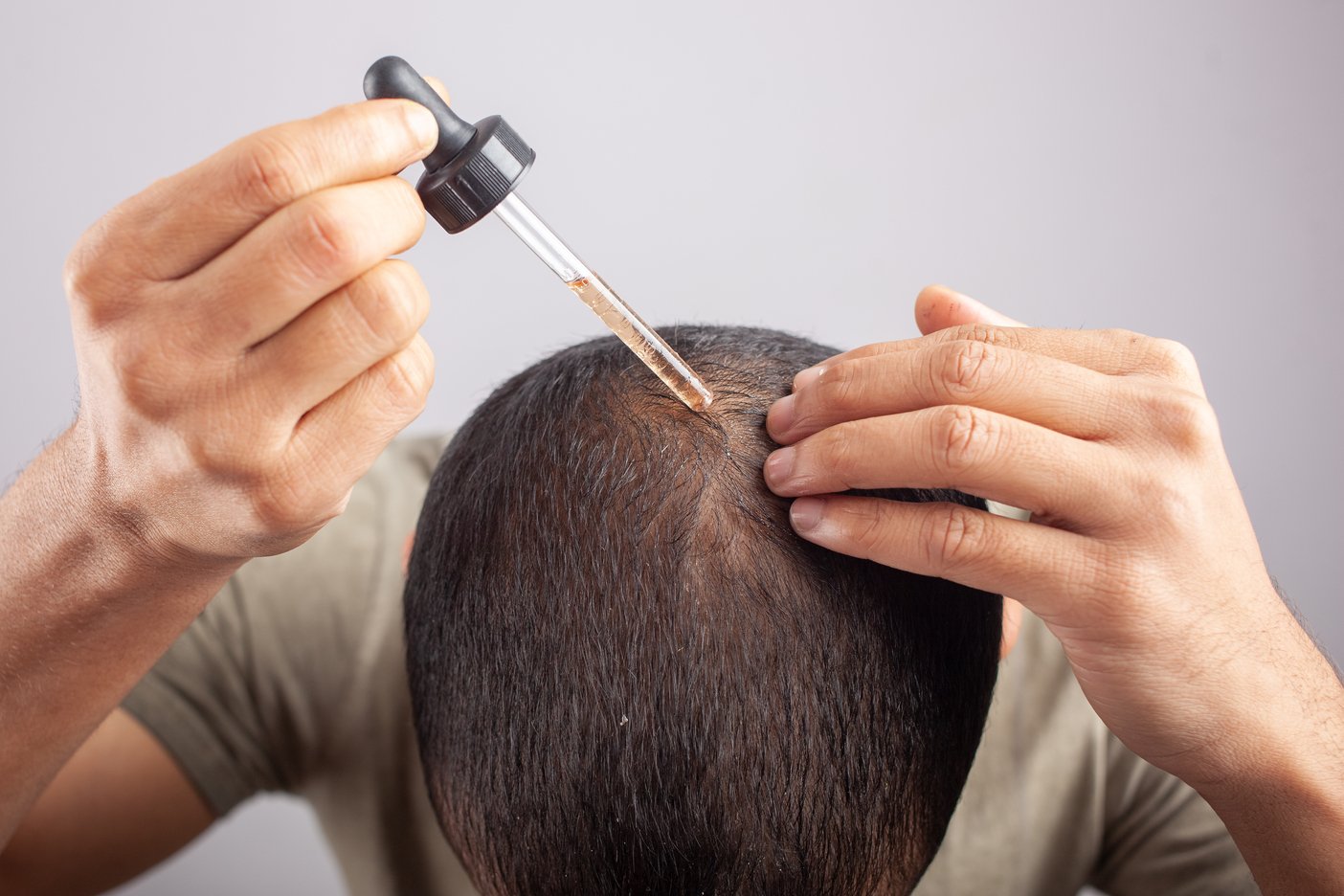
Modern medicine has given patients with many options to prevent hair loss, from injections to pills and topical applications.
Topical hair loss treatments are medications applied directly to the scalp in the form of lotions or foams. For many who want a simple, non-surgical solution to their hair loss problems, proven topical medications like minoxidil and finasteride is a great choice to try.
Topical Hair Growth Treatments
Minoxidil
This is the most widely used and well-researched topical treatment. Minoxidil is believed to stimulate hair growth by increasing blood flow to the scalp and prolonging the hair growth phase.
Finasteride
A less common topical option, finasteride works similarly to the oral version by blocking the conversion of testosterone to DHT, a hormone that contributes to hair loss in men.
Overview — Comparing Topical Minoxidil vs Finasteride
Both topical minoxidil and topical finasteride are popular options for treating hair loss, but they work in different ways and cater to specific needs. Here’s a breakdown of their key differences:
| Minoxidil | Finasteride | |
|---|---|---|
| How it works | Increasing blood flow to the scalp and prolonging the hair growth phase. | Blocks the hormone that shrinks hair follicles and contributes to hair loss. |
| Suitability | Suitable for both men and women experiencing various hair loss types, including male and female pattern hair loss. It's often most effective in the early stages of hair loss. | This is a prescription medication specifically approved for men with male pattern hair loss. It's not suitable for women due to potential side effects related to hormonal changes. |
| Availability | Minoxidil is available in various strengths (2% or 5%) and formulations (lotion, foam, etc). | A prescription medication only available through a doctor, more common in pill form. |
| Side effects | Generally well-tolerated, but some may experience scalp irritation, itching, and dryness. These effects are usually mild and temporary. | Similar to its oral counterpart, potential side effects include decreased libido, erectile dysfunction, and more. |
| Results | It can take several months of consistent use (2-4 months) to see noticeable results with Minoxidil. Long-term use is crucial to maintain any benefits. | Similar to Minoxidil, topical finasteride may take several months (3-6 months) to show visible results. Consistent use is essential for optimal effectiveness. |
Benefits of Topical Hair Loss Treatments
Non-invasive and Convenient: Topical treatments are applied directly to the scalp, making them a non-invasive and easy-to-use option.
Relatively Affordable: Compared to some other hair loss treatments, topical medications are generally more affordable.
Effective for Various Hair Loss Types: Topical treatments can be effective for different types of hair loss, including male pattern hair loss and female pattern hair loss.
Over-the-Counter Options: Some topical treatments, like Minoxidil, are available over-the-counter, while others require a prescription from a doctor.
Important Considerations with Minoxidil
Even for over-the-counter options, consulting with a doctor is recommended. They can diagnose the cause of your hair loss and advise on the most suitable topical treatment.
Topical treatments are not a cure for hair loss, but they can slow down the process and promote regrowth. It’s important to note that Minoxidil topical hair loss treatment requires consistent, long-term use for ongoing benefits. Stopping the treatment may lead to a reversal of results. Continued use has shown to produce results like sustained hair growth and improved scalp health.
During a consultation with a qualified healthcare professional, you can discuss your specific hair loss concerns and explore the different topical treatment options available. They can tailor a treatment plan based on your needs and goals.
Trusted Hair Restoration Clinic in Penang, Malaysia
Visit A Klinik Signature Today

If you’re unsure about injections or hair transplants procedures, topical hair loss medication is a good place to start. Consult with one of our qualified hair loss doctors to discuss your concerns and suitability for topical hair growth treatments.



